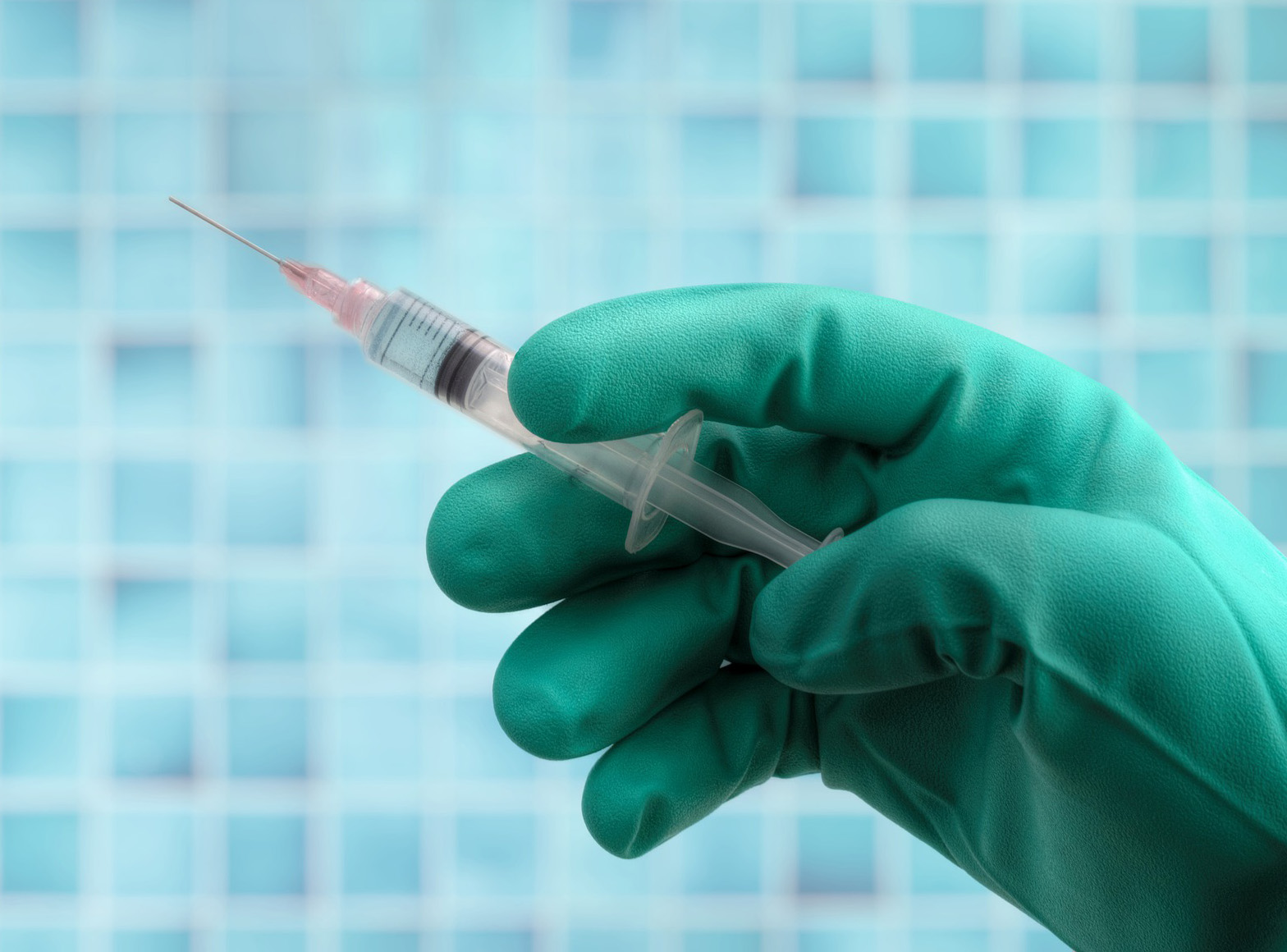 New research shows more than 84% decrease in COVID-19 immunity six months after Pfizer vaccine.
New research shows more than 84% decrease in COVID-19 immunity six months after Pfizer vaccine.
A new study that evaluated 129 nursing home residents and 92 health care workers found that COVID-19 antibodies produced in response to the Pfizer vaccine declined by more than 84% six months after vaccination. Participants in this study included seniors with a median age of 76 and care givers with a median age of 48, suggesting that the observed effects was not exclusively linked to old age.
According to corresponding author, Prof David Canaday, from Case Western Reserve University School of Medicine, Cleveland, Ohio, USA, the results of this study were presented to senior staff at the Centers for Disease Control and Prevention (CDC), who urged researchers to share their results to the public, “so we could enter conversation and the decision-making process for booster vaccine recommendations,” Canaday said.
The study, led by Dr Stefan Gravenstein, Professor of Geriatric Medicine and Director of the division of geriatrics and palliative care at Brown University in the USA, was published last month in the journal medRxiv and has not yet peer-reviewed.
About the findings
The new study is in line with previous research from Prof Canaday and his team that found reduced immune response in seniors who had received the second dose of the Pfizer vaccine. More broadly, these findings support current recommendations for a booster shot, especially for the elderly, due to reduced immunity after vaccination.
The new findings do not surprise Professor Adrian Esterman, chair of Biostatistics and Epidemiology at the University of South Australia. Recent studies point to decreased efficacy of COVID-19 vaccines, particularly for the Pfizer jab. “This is now fairly well established. A recent paper from the UK found that the efficacy of Pfizer diminished by 22% for every 30 days after the second dose, whereas AstraZeneca decreased by only 7% per 30 days. In other words, when first fully vaccinated, Pfizer is more effective, but after 4-5 months, AstraZeneca does better,” Prof Esterman told Medical Forum.
The study mentioned by Prof Esterman, which evaluated the efficacy of various vaccines over time, is available here.
“What this means is that we will definitely need booster shots in the very near future. These will also be needed when new variants emerge,” he added.
According to Prof Esterman these boosters may be needed much more often than every year, but may not be in the form of a jab. “It could well be that in the next few months some other method of delivery, like skin patches or nasal sprays may be available, rather than needing a jab,” he said.

